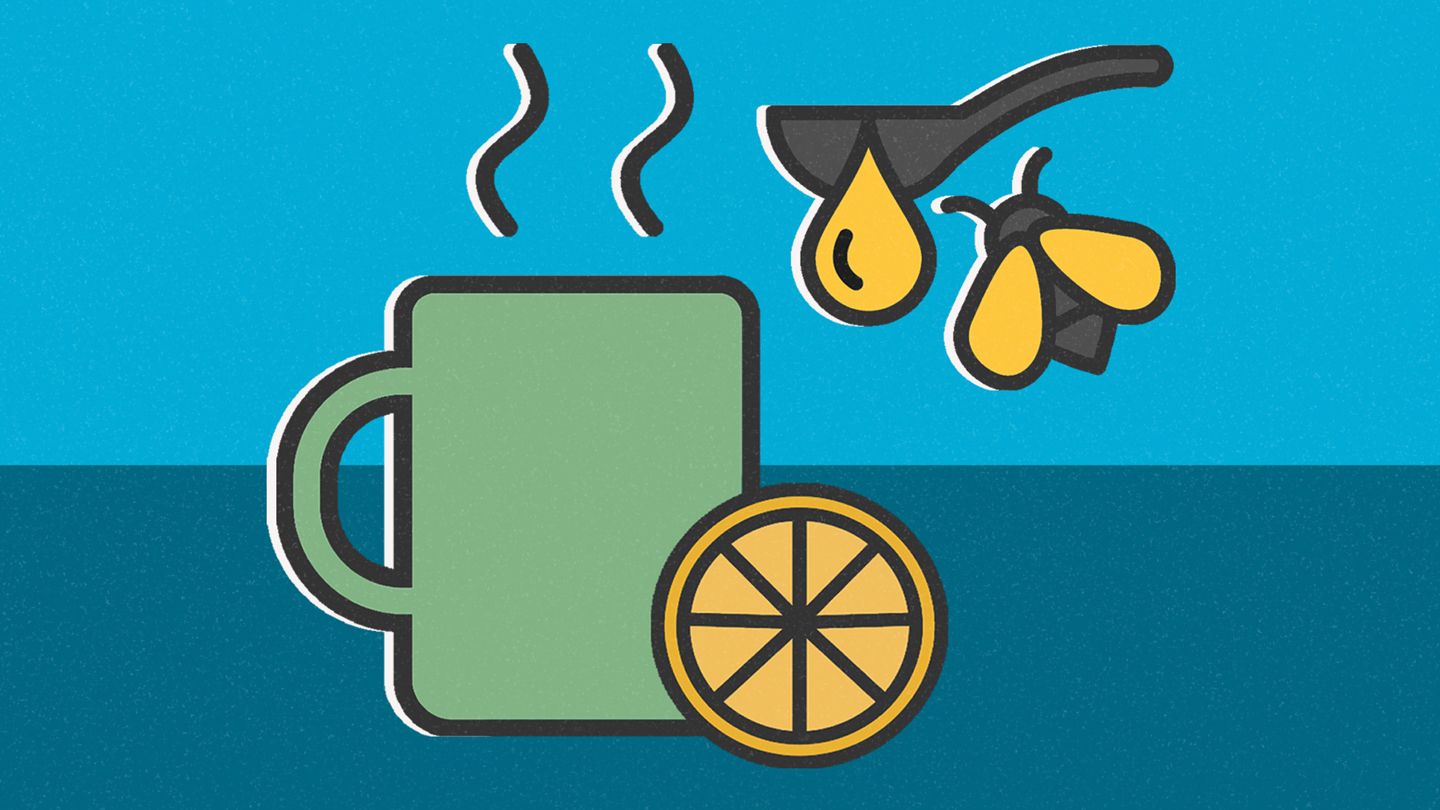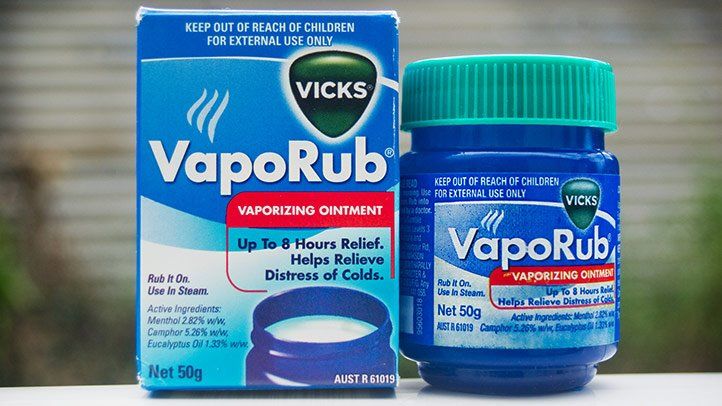Understanding Intermittent Fasting
Intermittent fasting has become an increasingly popular diet and lifestyle choice. The basic premise involves alternating between periods of fasting and eating. One of the most common approaches is the 16:8 method, where you fast for 16 hours per day and eat all of your meals within an 8 hour window.
There are several proposed benefits to intermittent fasting including weight loss, improved blood sugar control, enhanced cognitive function, and longevity. However, as with any diet, it's important to listen to your body's signals and customize your approach based on your personal health status and goals.
Can Cough Drops Break Your Fast?
When following an intermittent fasting plan, a common question that arises is whether certain ingredients or foods/drinks will break your fasted state. There has been particular uncertainty around cough drops or throat lozenges.
The answer is that yes, cough drops can break your fast due to their calorie and sweetener content. Most popular brands of cough drops contain sugar alcohols like sorbitol, isomalt, or xylitol which provide sweetness with fewer calories than regular sugar. They also tend to contain flavors, colors, and menthol or eucalyptus for a cooling sensation.
Why Cough Drops Break a Fast
During a fasted period, the goal is to avoid any foods or drinks that could stimulate insulin production and fat storage. There are a few reasons that cough drops can counter the aims of intermittent fasting:
- They contain sweeteners: Even though sugar alcohols like xylitol and sorbitol are lower in calories, they can still elicit an insulin response which takes the body out of its fasted state.
- Flavorings provide calories: Most cough drops are flavored with natural and artificial flavorings that add a small amount of calories, even only a few per lozenge.
- You are swallowing: Anything that you swallow during your fasting window, even something as small as a cough drop, can trigger digestive processes and hunger signals.
Recommendations for Cough Relief and Fasting
If you develop a cough during an intermittent fasting regimen, there are still methods you can use to find relief without technically "breaking" your fast:
- Drink more water: Staying hydrated can help naturally soothe coughs and sore throats.
- Gargle salt water: Gargling warm water with salt can reduce throat irritation.
- Use menthol rubs: Applying mentholated lip balms, chest rubs, or salves provides symptom relief without swallowing.
- Try peppery teas: Sipping on ginger, cinnamon, or other spicy herbal teas can be soothing.
- Take a break from fasting: If your cough is severe, consider pausing your fast temporarily until you recover.
- Wait to take cough drops: Only use cough drops during your eating window when you are not actively fasting.
How Different Cough Drop Ingredients Impact Fasting
To truly understand if a cough drop will break your fast, it helps to look closely at what ingredients it contains. Here is a rundown of some common cough drop components and how they interact with a fasted state:
Sugar Alcohols
Most mainstream cough drops contain sugar alcohols like:
- Sorbitol
- Xylitol
- Isomalt
- Maltitol
- Erythritol
The makers of cough drops often highlight these ingredients because they provide sweetness without adding significant calories. Sugar alcohols are not fully digested and absorbed by the body. However, even though they don't raise blood sugar levels to the same extent as regular sugar, they can still produce an insulin response.
This insulin effect takes your body out of its catabolic fat burning state during a fast. So cough drops with sugar alcohols are very likely to break your fast, even if they only contain 1-2 grams of carbohydrates per piece.
Flavorings and Food Dyes
Pretty much all cough drops contain added flavors and colors to make them palatable and attractive. Common additions include:
- Natural flavor extracts like cherry, lemon, honey, etc.
- Artificial flavorings
- Food dyes like Red #40 or Blue #1
- Spices such as menthol or eucalyptus
While these flavor enhancers seem minor compared to sugar alcohols, they can still add a slight amount of calories. Consuming anything caloric during your fasting period can shift metabolic processes towards digestion and stimulate hunger.
Demulcents and Coatings
Some cough drops also rely on demulcents or coatings to provide longer-lasting symptom relief for sore or irritated throats. These additional ingredients include:
- Pectin
- Gelatin
- Waxes
As with other cough drop components, swallowing these ingredients means technically breaking your fast by initiating digestive processes. But some people may feel that small amounts of demulcents or coatings are unlikely to provoke substantial metabolic changes.
Natural Cough Remedies to Use While Fasting
To avoid the common ingredients in over-the-counter cough products that can interfere with fasting, you may want to try using natural remedies instead. Here are some options to soothe coughs and sore throats:
Salt Water Gargles
Gargling with warm salt water is an easy yet effective home remedy to coat and calm throat tissue irritation. The salt helps pull excess mucus out of inflamed areas.
Stir 1/2 to 1 teaspoon sea salt or Himalayan salt into a glass of warm water until dissolved. Gargle several times per hour allowing the solution to reach the back of your throat before spitting it out again.
Hot Herbal Teas
Sipping on hot tea made with herbs that contain mucilage, antioxidants, antimicrobial, and anti-inflammatory properties can both soothe your throat and help fight infection.
Some top options include slippery elm, marshmallow root, ginger, licorice root, cinnamon, turmeric, thyme, sage, cloves, garlic, lemon, and honey. Mix the dried herbs in hot water and allow to steep for 5-10 minutes before straining and drinking.
Peppermint Essential Oil
The menthol in peppermint oil along with its antiviral effects make it a fantastic natural cough solution. You get rapid relief from the cooling sensation on your throat.
Add several drops of food grade peppermint essential oil into a carrier oil like coconut or almond oil. Mix well then rub onto your neck, chest, and back. You can also dilute a couple drops of peppermint oil in hot water or tea and inhale the vapors.
Raw Honey
Raw unfiltered honey has well-established cough-calming benefits. It coats the throat to reduce irritation, fights infection with antibacterial properties, and soothes with its thick viscosity and sweet taste.
Slowly dissolve a teaspoon of raw honey in your mouth, allowing the thick liquid to coat the back of your throat before swallowing. You can also mix honey into herbal teas.
Note that technically even raw honey will provide a very small amount of calories to break your fast. So honey is best used during your feeding window or on non-fasting days.
Should You Completely Avoid Cough Drops While Fasting?
At the end of the day, deciding if you should have cough drops while intermittent fasting depends on a few factors:
- How strictly you want to adhere to fasting rules
- How severe your cough is <li
FAQs
Do sugar-free cough drops break a fast?
Yes, even sugar-free cough drops likely break a fast. While they don't contain regular sugar, most do have sugar alcohols like sorbitol and xylitol which can still produce an insulin response. Anything that stimulates insulin interferes with fasting.
What about menthol cough drops?
Menthol cough drops also tend to contain sweeteners and flavorings so they would break your fast. You could try using a mentholated chest rub instead to get the cough-soothing benefits of menthol without swallowing anything.
Can I have throat lozenges while fasting?
Throat lozenges or cough drops cannot be consumed during your fasting window if you want to remain in a fully fasted state. Most lozenges contain sweeteners and flavorings that should be avoided until your eating window when you are no longer fasting.
Do herbal teas with honey break a fast?
Yes, herbal tea with honey breaks a fast due to the calories in honey. Plain herbal tea without any sweeteners may be ok during fasting for some people, but be aware it could still stimulate digestion. Save the honey for your eating window.
Disclaimer: This article is for informational purposes only and does not constitute medical advice. Always consult with a healthcare professional before starting any new treatment regimen.
Related Coverage
Onion honey packs a punch against colds with anti-inflammatory, antimicrobial and throat-soothing properties. Learn how to make and take this sweet and savory DIY remedy....
Simmer honey, lemon and onions into a traditional folk cough syrup tapping into the antibacterial and anti-inflammatory benefits of allicin and quercetin....
Is it safe to use Flonase and NyQuil together for a stuffy nose? Get the facts on combining these medications and learn other fast ways to relieve congestion....
Dealing with a persistent tickle or irritation in your throat? Try various home remedies and over-the-counter medications to soothe throat inflammation and irritation....
Research is mixed on whether Vicks VapoRub relieves cough, congestion, and aches from the flu. It may help temporarily when used safely in adults and children over age 2....
Yellow mucus meaning can signal your immune system at work. Learn what color changes say about infections, allergies, and when to see a doctor....
Waking up congested and stuffy is miserable. Try using a humidifier, neti pot, nasal strips, steam, and more remedies before bed to prevent morning nasal congestion....
Black mist irrigation creates a fine, cooling mist to efficiently water plants. Learn the pros and cons, design considerations, installation, and ideal applications....
Learn how Tamiflu works to shorten flu symptoms and help you recover faster. Get the facts on effectiveness, timing, and side effects....
Chopped onions and raw honey make traditional cough remedies. Through antibacterial, anti-inflammatory and expectorant properties, onions and honey soothe sore throats....









